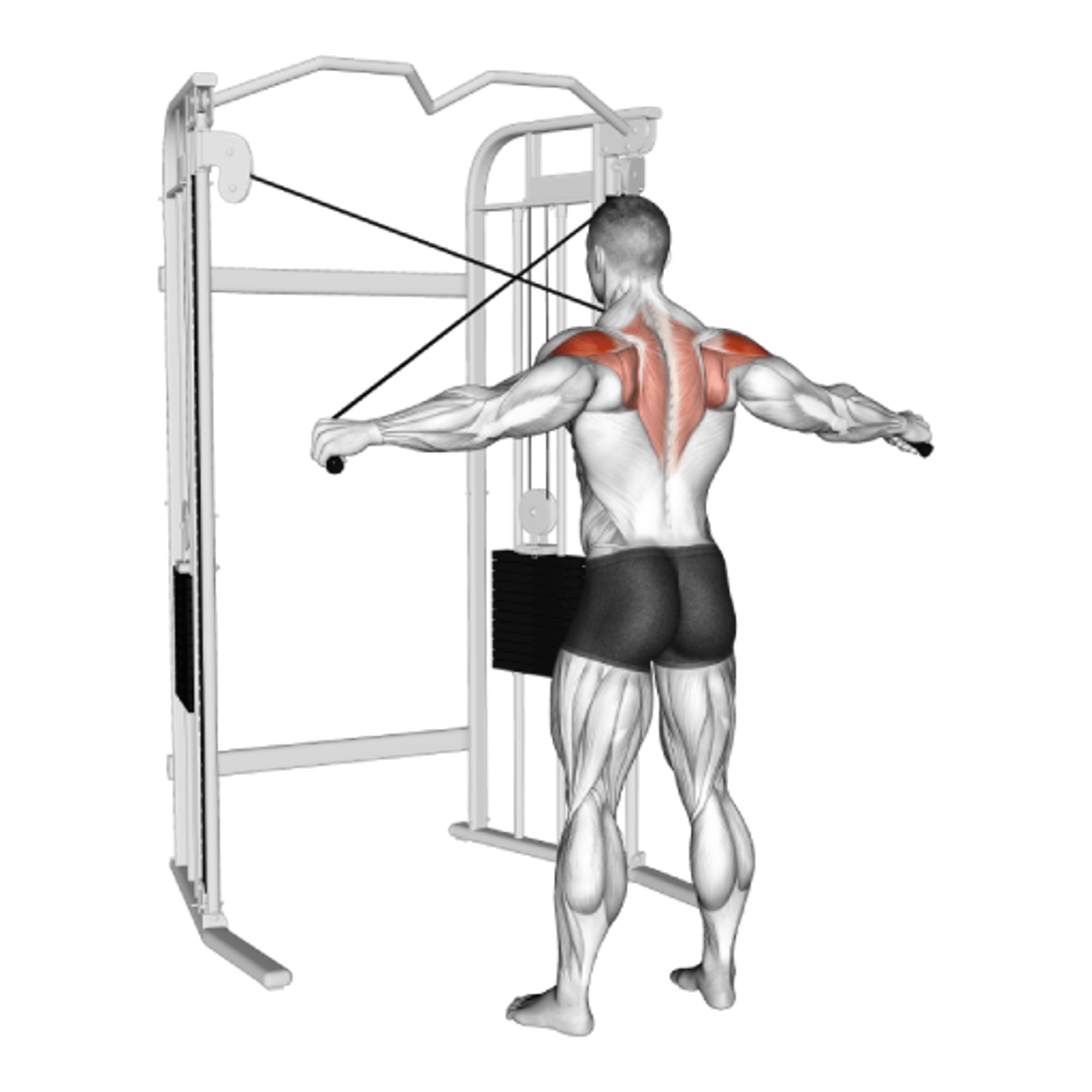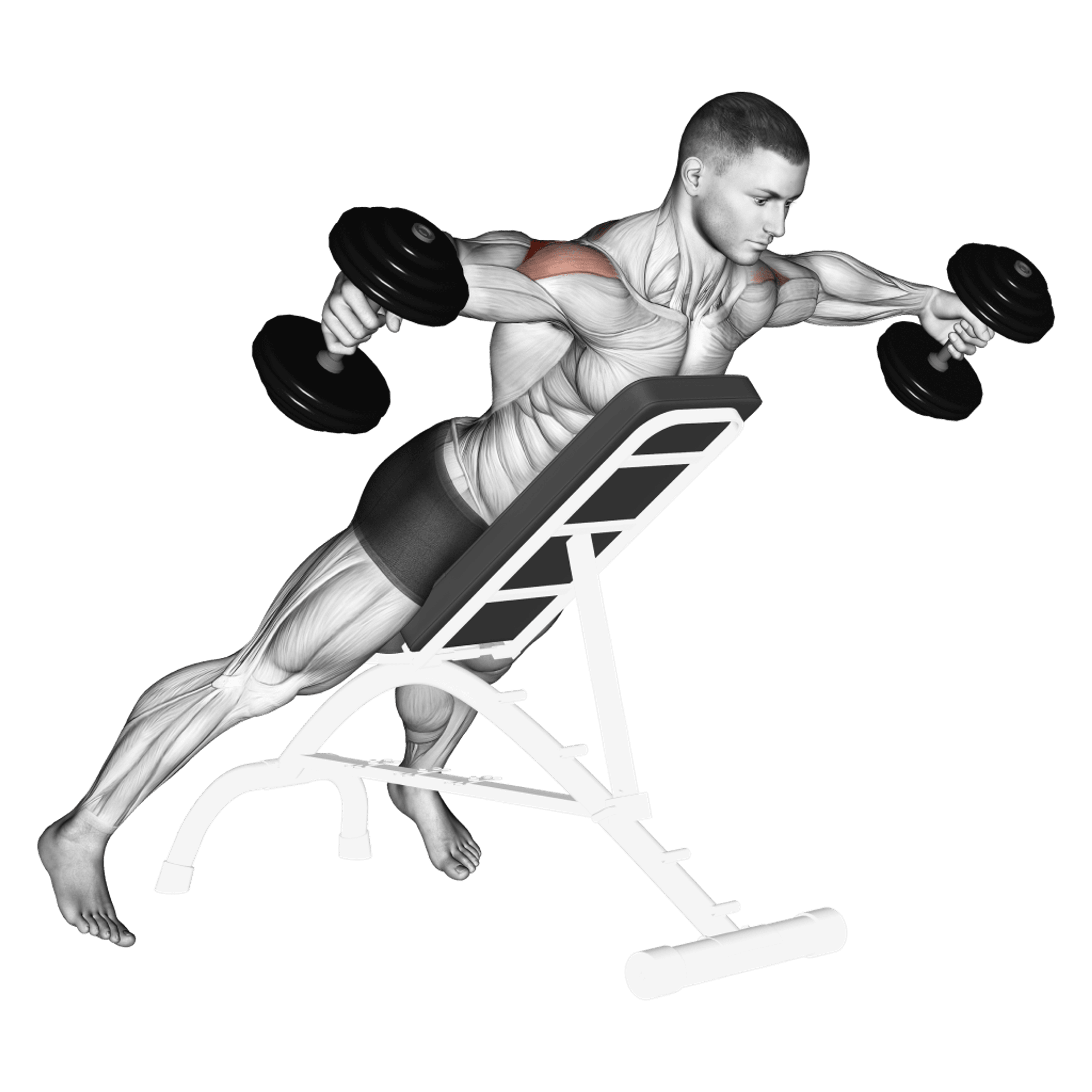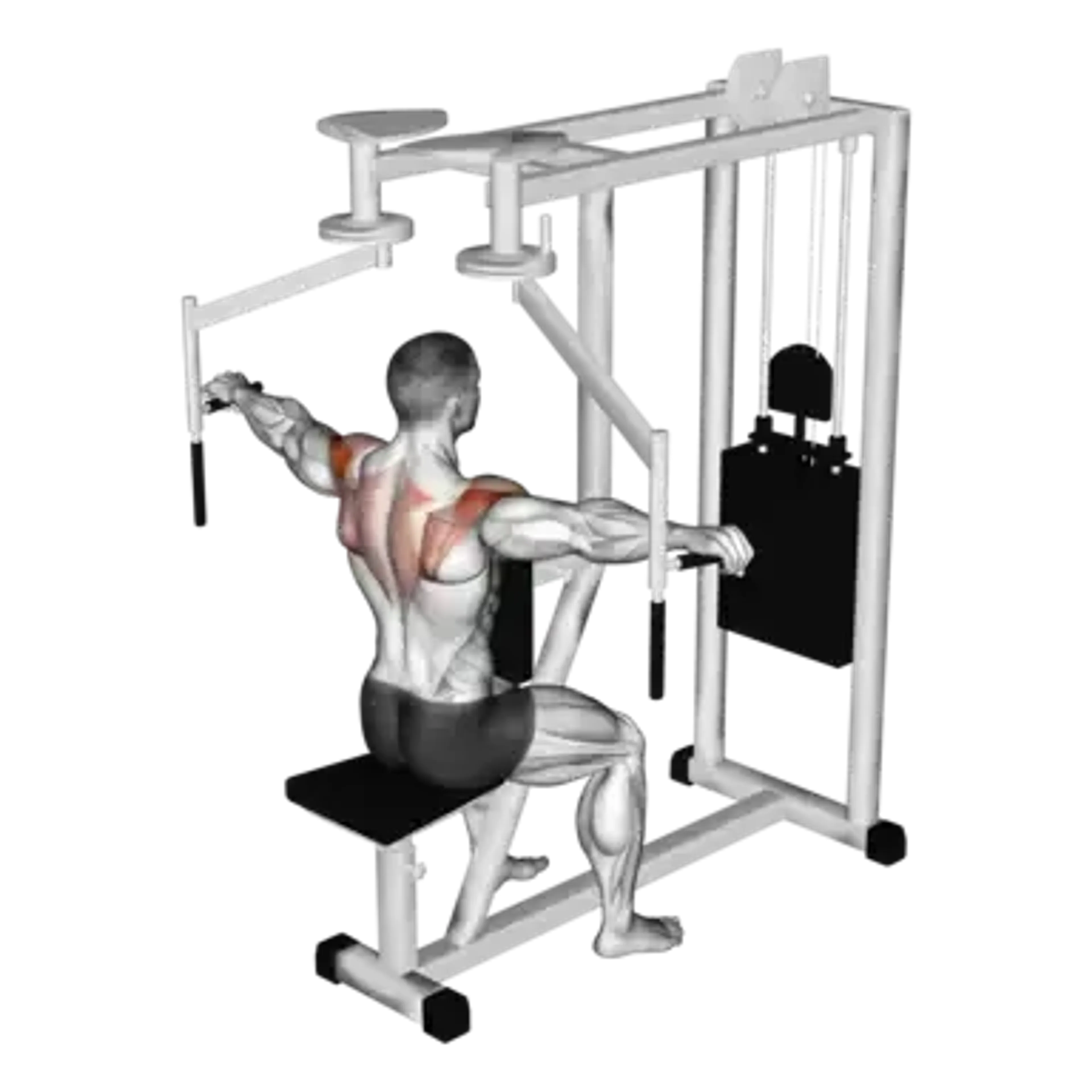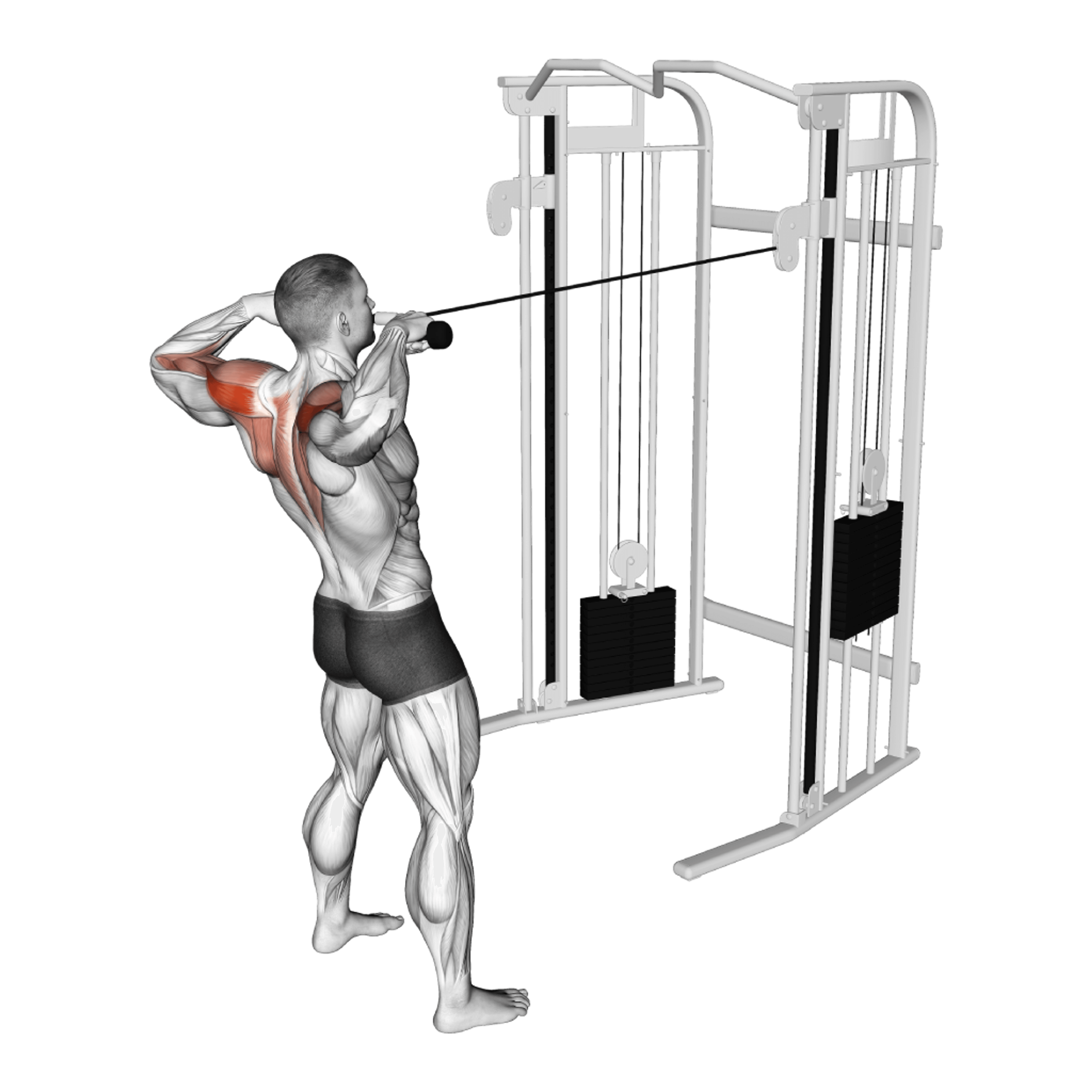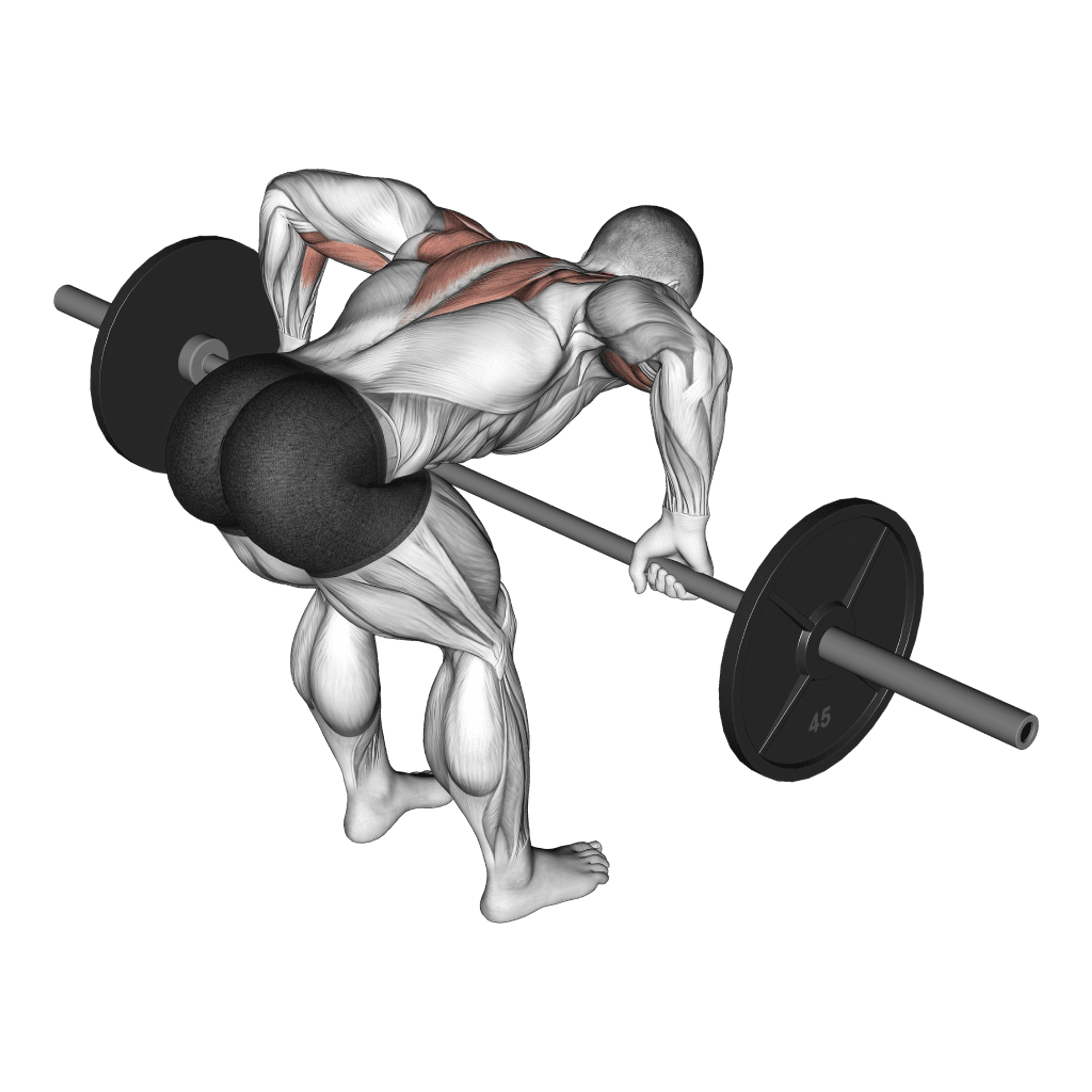Band Reverse Fly

Overview
- Primary Focus:
- Shoulders.
- Equipment:
- Resistance bands.
- Difficulty:
- Beginner.
General Information
Band Reverse Fly is an isolation exercise that primarily targets shoulders and also engages back. It is a beginner-level movement that focuses on the rear delts and upper-back posture with smooth, adjustable resistance.
Use it to improve scapular control, round out shoulder development, and balance pressing volume. Bands make the top of the range more challenging while keeping the start comfortable.
It fits warm-ups, hypertrophy supersets, or home sessions with minimal equipment. A slight hip hinge helps bias the rear delts over the upper traps.
Expect a broad “across-the-back” squeeze when you keep elbows softly bent and pull through the rear delts rather than shrugging.
Muscles Worked
- Deltoid
- Primary
- Infraspinatus
- High
- Teres Minor
- High
- Lower Trapezius
- Medium
- Rhomboid Major
- Medium
- Erector Spinae
- Low
Instructions
- Anchor the band in front of you at chest or shoulder height and hold it with both hands. Step back to create tension, standing with feet hip-width apart.
- Hinge slightly at the hips with a neutral spine, brace your core, keep shoulders down, and elbows slightly bent.
- Pull the band apart, opening your arms out to your sides into a “T,” squeezing your shoulder blades together without shrugging.
- Pause briefly at the end range, keeping your neck relaxed and ribs down.
- Slowly return to the starting position under control, maintaining tension in the band. Repeat without letting the band snap forward.
Common Mistakes
Injuries
Band Reverse Fly is a low risk exercise when performed with proper technique.
Avoid shrugging and keep a soft elbow bend to bias the rear delts. If you feel neck strain, reduce range or lighten the band and reset shoulder position.
Stop if you feel sharp pain, and maintain a neutral spine - no excessive rounding or hyperextension.
Alternative Exercises
Frequently Asked Questions
- Q: What rep range works best?
Higher reps (12-20) with controlled tempo usually suit the rear delts and keep form crisp.
- Q: Is it safe for cranky shoulders?
Usually, yes. Keep the range pain-free, use a lighter band, and avoid shrugging. Stop if symptoms escalate.
Overview
- Primary Focus:
- Shoulders.
- Equipment:
- Resistance bands.
- Difficulty:
- Beginner.
